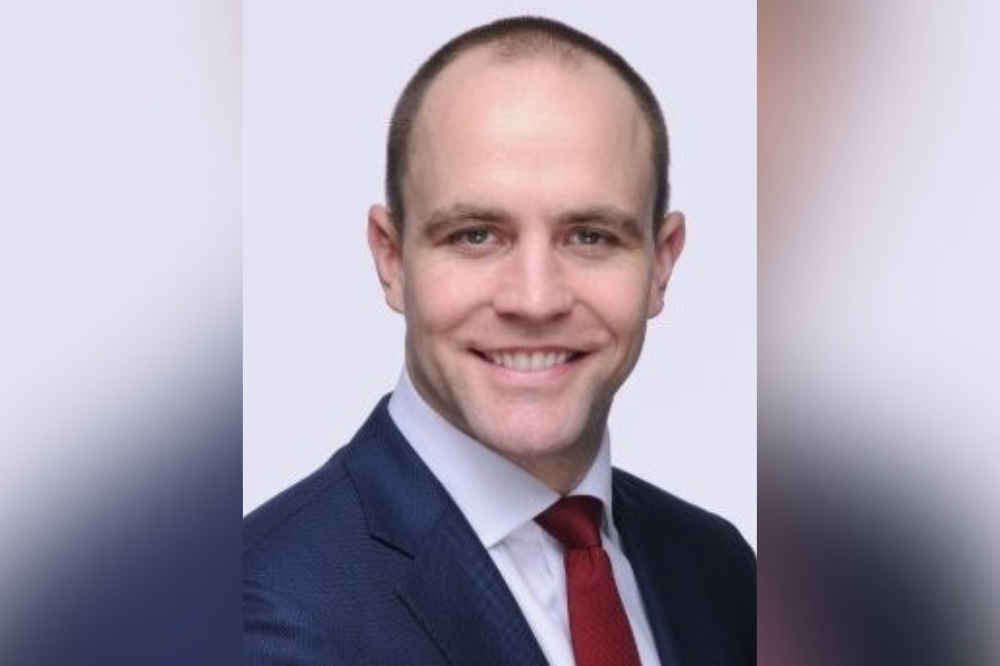Zurich risk expert on 2023 Global Risks Report

The Sydney based CRO was interviewed by Insurance Business following the January release of the latest Global Risks Report by the World Economic Forum, Marsh McLennan and his firm, Zurich Insurance Group.
The risk views of thousands of executives
The survey involved interviews with thousands of executives across more than 100 countries. The data from those interviews showed that rapid inflation, debt and the cost-of-living crisis are regarded as the biggest threats to doing business over the next two years across East Asia and the Pacific region.
Read next: How global risks can help your brokerage
“This year’s global findings are in sharp contrast to the 2021 data which saw ‘failure of cybersecurity measures’ identified as the top perceived risk, followed by ‘extreme weather events’,” said a Zurich Insurance Group media release.
The release noted that this changed view about the current top business risks is “despite evidence of those activities [cyberattacks and nat cats like floods] playing out this year across the region and globally.”
Morgan said there are many takeaways from the latest report’s data.
“Seeing inflation rise to the top reflects the sharp and sudden nature of inflationary pressures, and the impact those pressures have on business and the economy,” he said.
In the same survey one year ago, Zurich Asia-Pacific said the cost-of-living and rapid inflation didn’t feature as a Top 10 global risk.
Natural disasters are on execs’ radar
Morgan said that while natural disasters did not make the top 5 in the survey released this month, they are on executives’ radar.
“While not in the ‘top 5’ of this report, weather and climate change risks were highly placed on executives’ risk radars and continue to be a focus for discussion between Zurich and its customers,” said Morgan. “Climate change risks also featured at the top of the list for long-term risks.”
He also suggested that the results from this Global Risks Report will modify the way Zurich helps customers manage their risks.
“Reports such as Executive Opinion Survey help to spark conversation with our customers on risks that might impact their business, and how they might seek to manage and minimise that risk before it materialises,” said Morgan. “Our conversations may include advice on how to make a customer’s property or supply chain more resilient, or could involve identification of a risk that is difficult to mitigate but for which they can use insurance to lessen its financial impact.”
He said resilience and preparedness are “hallmarks of successful businesses.” However, Morgan also said it is important for businesses to contemplate “future blind spots.”
Rumsfeld redux
“At the risk of misquoting Rumsfeld, business faces risk from both known unknowns and unknown unknowns,” he said. “When we think of future blind spots we’re saying that we need to prepare for risks we have contemplated – pandemics, natural disasters, economic and political turmoil – but we also need to constantly scan the horizon for the risks we have not seen before, or which we previously thought were too remote to be of concern.”
In a previous interview with IB, another insurance industry professional also invoked Rumsfeld. Stuart Selden, manager of Business Risk Consulting Asia-Pacific and CRO in Australia for FM Global, connected Rumsfeld’s infamous dictum to risk managing supply chains.
“He [Donald Rumsfeld] copped a lot of flak for it at the time, but in fact when you boil it down what he said made an awful lot of sense,” said Seldon. “We have to categorize what we know and what we don’t and deal with them differently.”
Read more: FM Global lifts lid on risk engineering to mitigate climate threats
In November, Zurich released the Australian data from the survey prior to this month’s publication of the full report. At the time, world leaders were meeting in Egypt at COP27 to discuss climate action and hearing testimony from Pacific islanders whose towns were disappearing under water. Video footage at the conference showed arctic ice sheets melting faster than ever. In Australia, the record year of flooding continued, this time in northwest NSW.
“It’s important that as we become aware of new risks, we do not forget existing and known risks,” said Jaimie Sach, CRO for Zurich Australia and New Zealand. “It’s very important that we do not lose sight of prioritising a cleaner future and building resilience to extreme weather.”





